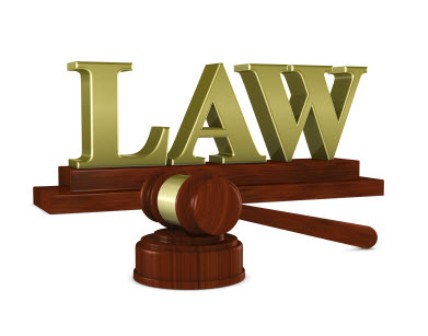One of the most sensitive and crucial steps a person takes during the course of lifetime is planning for what happens upon that individual’s death. Typically this involves the creation of a will or trust as well as other instruments to ensure that a person’s wishes are carried out. A person best protects his or her rights and interests — and achieves important goals — in regard to these issues by engaging the services of a qualified wills and probate lawyer.
When searching for a good wills and probate lawyer, a number of different considerations must be borne in mind. The process of selecting this type of legal representation needs to be deliberative and cannot be done on the fly.

Tip #1 Experience is Essential
The failure to engage in appropriate estate planning can have devastating consequences. Any lawyer hired for will, trust, estate or other probate matter must have a solid track record of successfully addressing the needs of clients in this area of the law.
Keep in mind that in this day and age some probate and estate lawyers have become something of specialists in certain matters associated with this area of the law. For example, some probate and estate lawyers have a depth of experience in dealing with business owners in need of estate planning assistance. Other lawyers have sharpened their focus in the area of developing family or living trusts to meet the needs of their clients.
Tip #2 The Importance of an Initial Consultation
The typical probate and estate attorney will be willing to schedule an initial consultation with a prospective client at no charge. During such a meeting, the attorney has the chance to undertake a preliminary consideration of your specific estate needs, goals and objectives.
Equally important, during an initial consultation, a person in need of legal assistance is able to “sum up” a particular lawyer. The session permits a person the ability to ask questions of a lawyer to find out more about that professional’s background and professional experience.
In anticipation of an initial consultation, preparing a written list of questions for an attorney is a wise course of action. By taking this course, a person is less apt to forget asking a particular question he or she wants to ask the lawyer during an initial consultation.
Tip #3 References and Recommendations are Fundamental
Odds are strong that a person in need of a probate and estate lawyer knows more than a few people who have engaged in this type of legal assistance in the past. If this is the case, an individual should talk to family members, friends and other colleagues about whether or not they have engaged a probate and estate lawyer and what their experience was.
On a related note, a qualified probate and estate attorney should have no problem providing a person with references. These can include current or former clients as well as other professionals who have worked with a particular attorney. Merely collecting names is not enough. A person in need of legal representation of this nature needs to make contact with references and obtain information on their thoughts about a specific legal professional.

